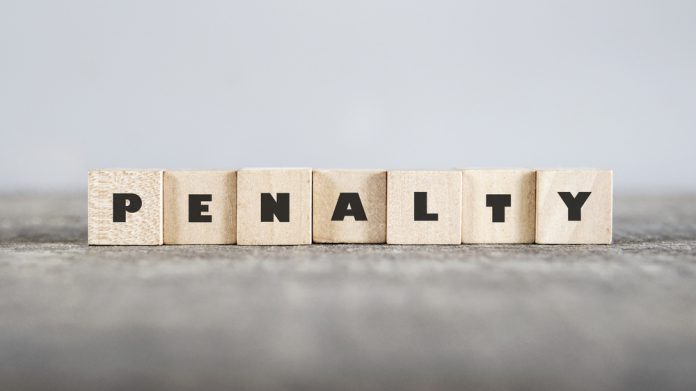Sweden’s Supreme Administrative Court, the nation’s highest-ranking court of appeal for legal challenges, has notified gambling regulator Spelinspektionen and online operator Genesis Global that it will determine their penalty fee dispute.
In March 2019, three months following the launch of Sweden’s newly regulated online gambling marketplace, Genesis was fined SEK 4m (€360,000) for failure to integrate its white-label brands with the Spelpaus customer self-exclusion scheme.
Spelpaus integration was deemed as a necessary compliance requirement for all licensed operators launching in Sweden’s new marketplace.
At the time, Genesis responded that it was fulfilling its customer self-exclusion duties manually, in line with Spelinspektionen’s commands.
Lodging an appeal with the Court of Jönköping, Genesis would successfully lower the sum of its penalty to SEK 2m – as it was deemed that the Spelinspektionen had applied an ‘inaccurate method’ by which to calculate the penalty.
Jönköping’s judges had ruled that Spelinspektionen could not apply an estimate of yearly earnings to penalise Genesis, as the Swedish online gambling ecosystem had only been active for three months.
Spelinspektionen rejected the judgement by issuing a counter-appeal, demanding that the Supreme Administrative Court provide a final ruling.
Last week, the Supreme Court responded to the Spelinspektionen, confirming that it had summoned a ‘leave of appeal’ to examine the issue.
Of significance, the decision marks the first time an online gambling dispute will be reviewed and ruled upon by the Supreme Administrative Court.
The court will examine if Genesis’ self-exclusion violation was worthy of a warning and a penalty fee, as well as how the penalty charged should have been decided by Spelinspektionen, in its role as the inspectorate of Sweden’s new online gambling marketplace.
Spelinspektionen said it was a “positive” development that its disciplinary rules will now be tried in the Supreme Administrative Court.













